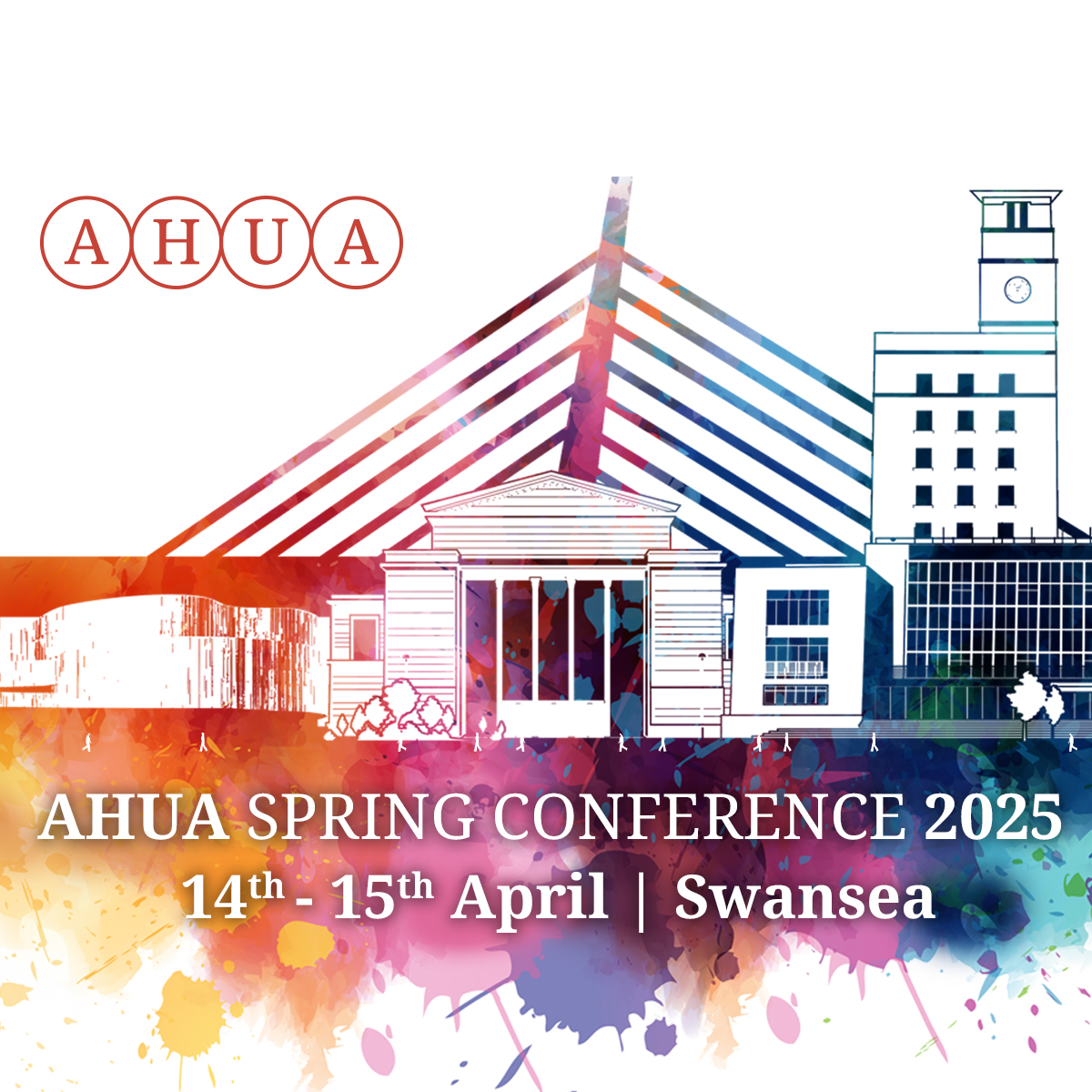Meet our Members: James Rolfe
James Rolfe is Chief Operating Officer at Anglia Ruskin University. In this post he outlines his role in higher education and shares his experience.


What is your higher education history?
This is my first job in HE, after working in both central government (primarily in Whitehall) and local government (in Norfolk and London). I’ve been here since October 2018 – the time has flown by. Other than that, my experience of HE was as a student, for my MBA at Cranfield and various shorter courses.
What does your current role and remit encompass?
Two main things. First, line management responsibility for transformation, strategy and planning, data and BI, HR, estates and facilities, marketing, recruitment and admissions, and digital. And, second, contributing to the overall strategic leadership of the university – although I’ve done similar roles to this in both central and local government, this latter aspect of my job takes up much more time in HE, and I see that as a good thing, both for me, and evidence that the university takes leadership and strategy seriously.
What does a typical day look like for you in your role?
There is no typical day, especially at the moment. Our ongoing response to COVID-19 is my major priority, and we’ve made huge progress in a very short period of time. And COVID-19 touches on everything we do for the longer term as well, especially operational planning for next year – how many students we are planning to recruit, how we are going to develop and grow the university, and what the barriers are to enabling that to happen. When I’m not focusing on COVID-19, a typical day usually involves at least one (very welcome!) discussion with the VC, talking to partners across public and private sectors, and dealing with operational issues.
What do you find most enjoyable and/or challenging in your role?
The most enjoyable part of it is always speaking to partners, staff and students. Recently, for example, we held our Global Week – a celebration of all the different nationalities studying at ARU. It was a fantastic event, with plenty of food to try out, and an opportunity to speak to people from all round the world. On days like that, it is a great privilege to work here.
In terms of the most challenging aspect of the role, coming to terms with the OfS regulatory regime takes a lot of “learning”.
What are the current challenges for your institution?
Pretty much the same as most other HEIs –coronavirus, coronavirus recruitment, modernization and transformation. Coronavirus is by far the biggest issue facing us, HEIs and the country more generally, and its consequences will be far reaching, for some time to come. Behind that though, Brexit still needs to be addressed and, if anything, the implications of that are now potentially even more fundamental than in the pre-COVID-19 world.
What do you think are the biggest changes ahead for higher education?
Demographics, changes to further education, fee levels, misunderstood points about graduate outcomes, and, more generally, changing attitudes, expectations and needs as a result of COVID-19.
Who has inspired you and why?
I’ve been lucky enough to work with many inspiring people throughout my career, most of whom I guess readers of this article will never have heard of! I will single out Alice Rivlin (look her up), who I spoke to at a conference once – she took the time, despite her great responsibilities and pressures, to sit down, share a Coke and talk about her career with me and a handful of colleagues. It’s stuck with me ever since. Early mentors showed me the opportunities that lay ahead, and gave me a shove when I needed it. Mid-career people showed me the great benefits and power of effective collaborative working. And, now, it’s often the energy, determination and enthusiasm of our students and more junior staff who inspire me the most. I’ve found that people can make a difference at every level, and it’s often the unsung heroes who have the greatest effect on me.
